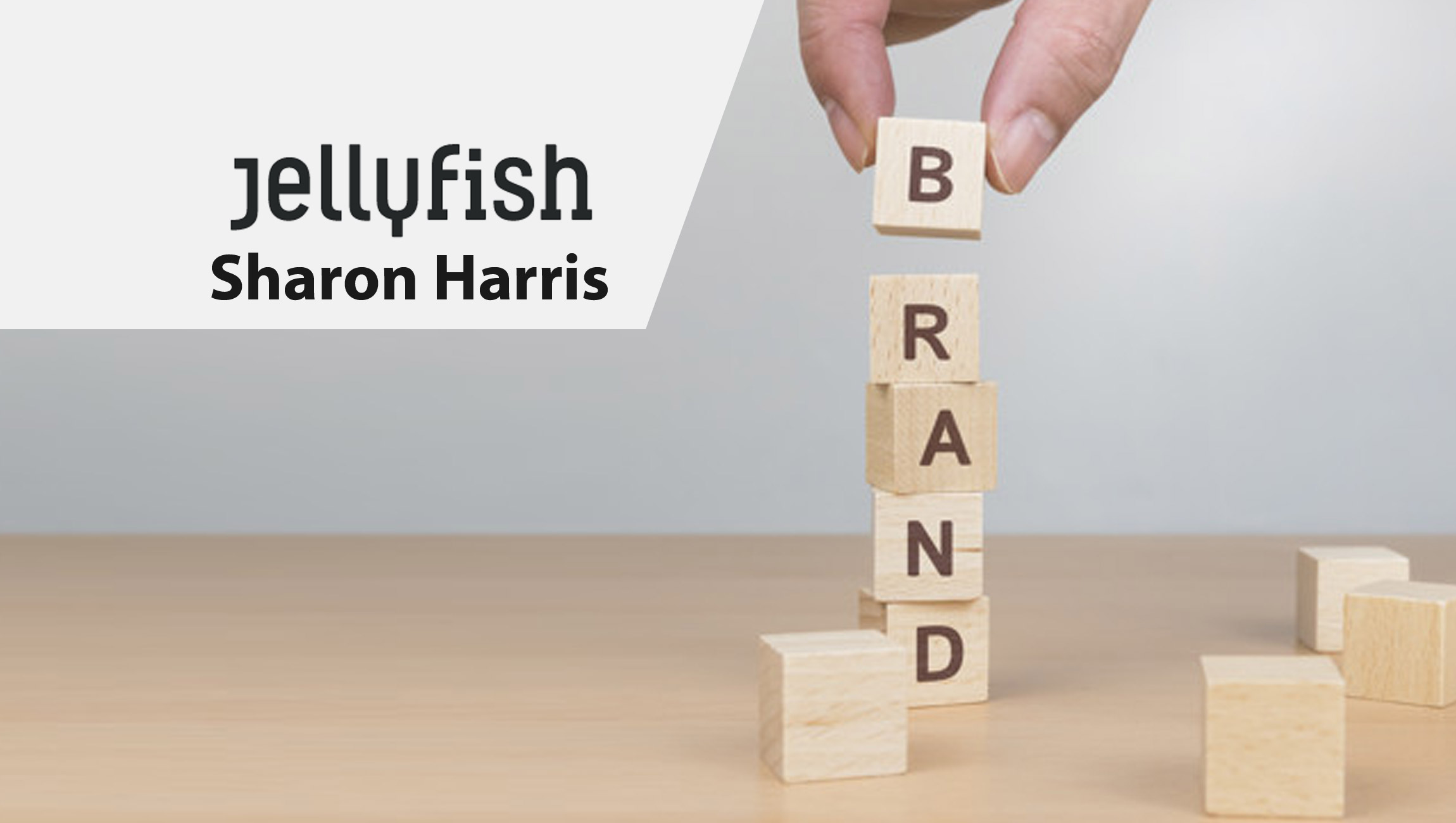Brand evolution in today’s digital landscape commands rapid upskilling and the pooling of talent from several resources both internal and external. To stay agile, a proactive CMO needs to strategize that mix in a way that maximizes capabilities already on hand and supplements them with the strongest expertise possible.
For some, in-housing is viewed as a way to manage costs, control data, build better-informed marketing strategies and create campaigns with transparency. Keeping marketing within the family is thought to avoid the “man behind the curtain” pitfalls associated with fully outsourcing to an agency. As recently as January 2020, at least one study showed that CMOs flexed by building up in-house capabilities, with 64 percent of respondents reporting an internal agency and more than one-third reporting using a hybrid model.
Marketing Technology News: OneTrust is “Leading the Market Outright” and Ranked #1 in Market Share for Privacy Software
We all know what came next.
In the last year, digital marketing has not only become king, it has grown at lightning speed, posting advancements that usually take years, in a matter of months. Brands are evolving rapidly, acquiring expertise in new channels and methodologies as quickly as they appear. Suddenly, the vision of an in-house team dynamic enough to navigate the sprint and nimble enough to bob and weave through unpredictable shifts seems impossible. Yet, the model of handing off to an agency no longer fits the marketer’s vision, not to mention their ROI.
Enter the hybrid in-housing model, where dynamic leadership within an organization is fortified by an external team of specialists who stand ready with the expertise and velocity needed to fuel competitive momentum. In a global organization, this can mean quickly reaching a level of digital maturity needed to stay ahead of their industry. In the case of pharmaceutical giant Sanofi, enlisting a digital partner’s expertise also meant regaining control of data from twenty markets by bringing adtech in-house to strategize data-driven campaigns more efficiently.
The new digital economy demands an ongoing feedback loop colored with creative content. Simply put, there is a constant need to be ‘on’ in a multitude of directions. Bringing in an interdisciplinary team already up to speed on strategy and execution enables that continuum, while also incorporating the depth of expertise needed to execute tech setup, train internal stakeholders on tech implementation, consult on data capture and usage, and analyze customer behavior. When a business gains improved ownership of their data, they can build better-informed strategies around context, and tailor precision content within the purchase journey. They are also in a superior position to scale future data-centric projects quickly.
Working in tandem, the hybrid team operates with complete transparency, allowing for an internal leader to track progress in real-time while steering integration efforts. Specialties can be brought into play or paused depending on need, meaning that even short-term goals can be undertaken with a full depth of expertise. Agile, rapid response to a quickly moving marketing landscape is something an in-house team may not have the cross-industry experience to execute flexibly. Still, with a team of digital transformation specialists in place, those initiatives can be executed, monitored and measured efficiently and productively.
Marketing Technology News: MarTech Interview with Paul Biggs, Director of Product Marketing at Contentful
A hybrid in-housing framework also promotes collaborative learning critical to the left brain, right brain demands within an organization. Companies that successfully integrate data and creativity have been shown to grow their revenues at twice the average rate of their peers; at least 10 percent annually versus 5 percent.
With that level of growth at stake, it becomes clear that isolating skill sets into operational silos is no longer an option. First-person data, for example, is critical to marketers who are not only navigating a post-cookie landscape but who know that customer understanding is more vital than ever before. Simply gaming the SEO system is no longer sufficient as a means to drawing in customers. By enlisting the training services provided by a dynamic external partner, marketers can connect data points, solving context problems that might be prohibiting the best use of that data. As a result, they can gain a clear, actionable understanding of audience segmentation and behavioral intention, informing better targeting and improving personalized communication.
That sort of additional service layer, adding in consultancy, training and technology, enables marketers to engage proactively and with curiosity as they tackle the enormous demands of today’s marketplace. No longer set up to fail by the idea that one person can stretch proficiencies across every methodology and platform, marketing leaders can evolve within a hybrid partnership, confident that their strategy is ready to unlock the right talent for every phase of their brand journey.
In enlisting a collaborative partnership through a hybrid in-housing model, businesses can future-proof their ability to run digital campaigns, achieving a state of constant readiness. Reaching that next level of digital maturity is key at a time when the emphasis isn’t just on getting ready by upskilling around technology and investigating in new channels; in the broader sense, it’s about staying prepared for whatever comes next.












Comments are closed.